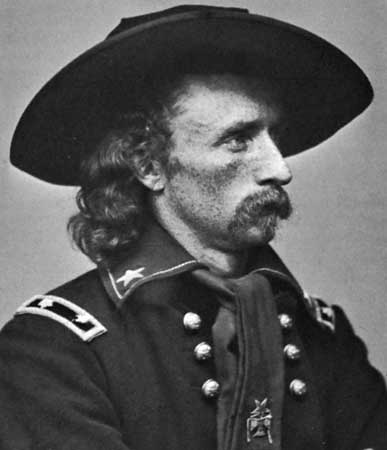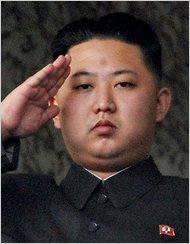June 25, 1876, 137 years ago today, Lt. General George Armstrong Custer met his fate at the Battle of the Little Bighorn. History, and America’s historical memory (such as it is), remembers that battle by another name: Custer’s Last Stand.
Why is Custer’s Last Stand so well-known among America’s military defeats? Unusually, for American military history, this battle (and a battle it was, not a massacre, as some folks like to think of it), is known by a person’s name. Perhaps this is one of the reasons this battle resonates throughout our history, even to this day. While Custer and 265 of his men (and quite a few Sioux and Cheyenne warriors as well), died that day on the banks of the Little Bighorn River, the news of this military disaster reached the eastern cities on the eve of the 100th anniversary of the United States’ birth. The juxtaposition of the nation’s Centennial celebrations with one of the worst military defeats of the Native American wars caused not a little shock to the America’s collective consciousness. But again, the mythology and the reality of the situation do not always jive.
Many of the stories surrounding the Little Bighorn battle refer to Custer’s defeat as the worst U.S. Army defeat of the Indian Wars. Yet, while significant in its time, this defeat paled in comparison to the Battle of the Wabash in 1791, in which General St. Clair lost to Native American forces in what is known as Little Turtle’s War. St. Clair lost nearly 1,000 men, yet this battle is little remembered and the anniversary (November 4), is not marked at all in popular culture.
Custer was a dashing figure who was very well-known in his time, not just for his exploits on the western frontier, but also for his heroism and his victories in the Civil War. Yes, his defeat was a big deal at the time, but within a few months, the reinforced U.S. Army won the Sioux War and forced Sitting Bull, the victor of the Little Bighorn, to go into exile in Canada. American history is full of military defeats, but Custer’s Last Stand is perhaps the most well-known and mythologized of them all.


